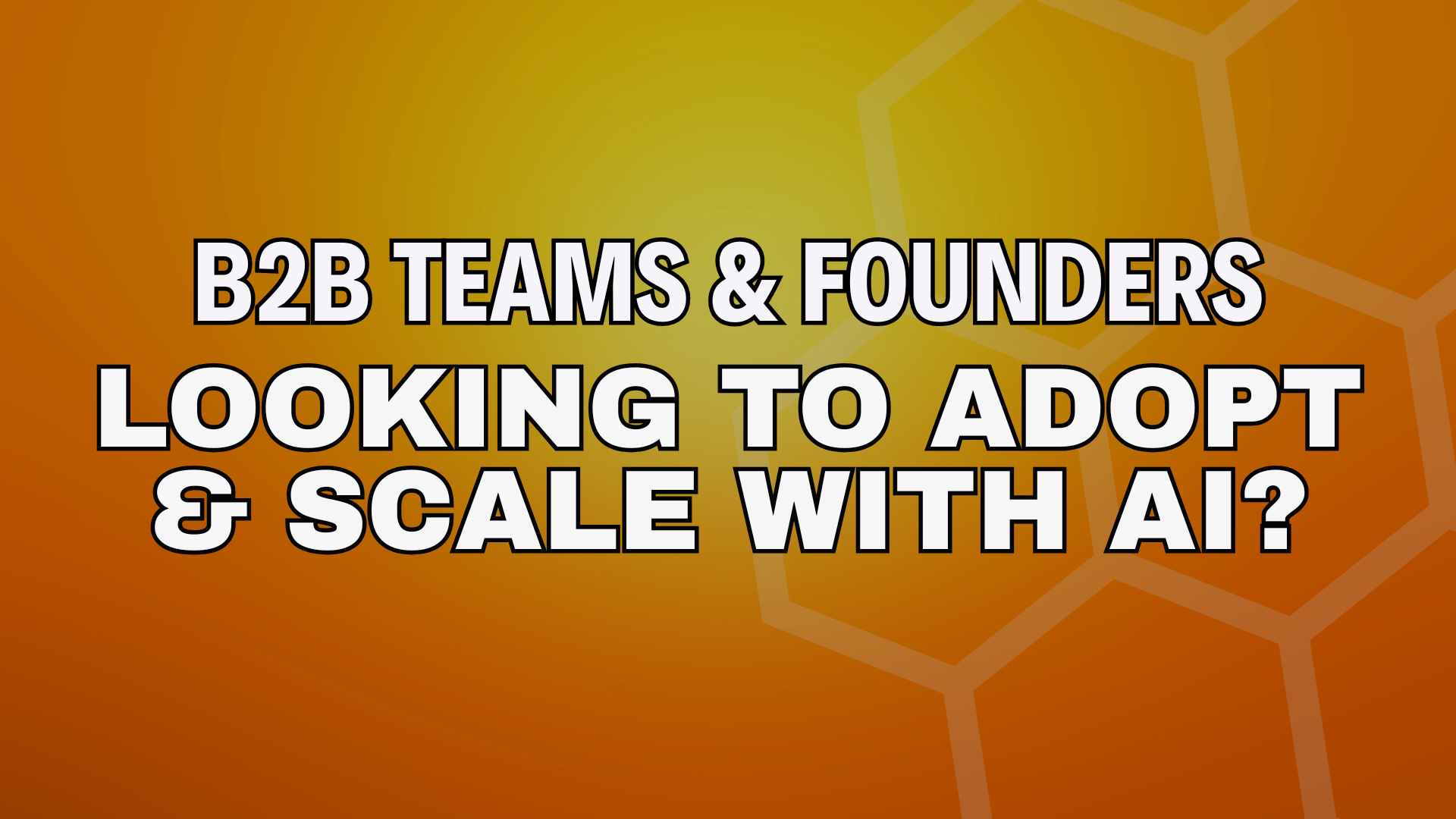Structuring FAQ Pages & Schema for AI Discoverability (GEO + AEO)
Table of contents
Why FAQ Pages Are the New SEO Superpower
What Is AEO (Answer Engine Optimization) and How It Differs From GEO (Google Engine Optimization)
The FAQ Schema Revolution: What It Is and Why It Matters
Anatomy of a High-Converting FAQ Page
Structuring for Humans and AI: Best Practices
Real-World Example: What a Top-Performing FAQ Looks Like
How The Hyve Builds AI-Optimized FAQ Systems
Final Thoughts: Why You Can’t Ignore This in 2025
FAQs
Why FAQ Pages Are the New SEO Superpower
You know what Google, Bing, ChatGPT, and every AI search assistant have in common? They love clarity. They prioritize structured, context-rich answers. And that’s exactly what a smartly built FAQ page provides.
Forget boring blocks of text buried at the bottom of your site. In 2025, your FAQ page isn't just a customer service asset—it's your best shot at dominating both traditional (GEO) and AI-driven search results (AEO).
What Is AEO (Answer Engine Optimization) and How It Differs From GEO (Google Engine Optimization)
GEO is your classic SEO playbook: keywords, metadata, backlinks, and page speed.
AEO, on the other hand, is the optimization of your content to serve direct, contextual answers to AI engines like ChatGPT, Gemini, and Perplexity.
GEO = Rank for keywords.
AEO = Rank for answers.
With AI search engines exploding in usage, optimizing for both is no longer optional. It’s essential.
The FAQ Schema Revolution: What It Is and Why It Matters
FAQ schema is a special structured data markup (usually in JSON-LD format) that tells search engines, "Hey, here’s a list of questions and answers. They’re clean, they’re accurate, and they’re ready for featured snippets."
When implemented correctly:
Google can pull answers directly into SERP results.
AI assistants can use your FAQs to deliver trusted replies.
Your site’s visibility increases dramatically without needing users to click through multiple pages.
Anatomy of a High-Converting FAQ Page
Here’s what every powerful FAQ page must include:
1. Topically Clustered Questions
Group questions by user intent and topic, not randomness. Think: onboarding, pricing, features, tech requirements.
2. Scannable, Concise Answers
Each answer should be under 300 words, written at a Grade 8-10 reading level.
3. Rich Media (Optional)
Add short videos or visuals if needed. Google loves mixed media. AI engines love clarity.
4. Schema Markup
Wrap your content in proper FAQ structured data.
5. Internal Links to Relevant Pages
Where appropriate, link to full guides, demos, or case studies.
Structuring for Humans and AI: Best Practices
Write Like You’re Answering a Real Question
Don’t keyword stuff. Instead, mimic the tone of a helpful expert in your space. Think Quora or Reddit threads that go viral.
Front-load the Answer
AI assistants often pull the first sentence. Make it count.
Use Plain Language
Avoid jargon unless you’re in a highly technical niche. Even then, simplify where possible.
One Question, One Answer
Don’t bundle multiple questions into one answer block.
Real-World Example: What a Top-Performing FAQ Looks Like
Take HubSpot’s Knowledge Base. Every question:
Starts with user-first phrasing ("How do I set up X?")
Has a clear, single-purpose answer.
Uses clean formatting with bullet points, bolded phrases, and embedded video.
It’s both search-engine friendly and AI-crawlable. That’s the bar.
How The Hyve Builds AI-Optimized FAQ Systems
At Hyve, structuring FAQs isn’t just a content play—it’s a foundational SEO tactic woven directly into our clients’ AI-optimized websites and long-term content strategy.
Through our AI Website Development & AI SEO service, we build smart, schema-rich FAQ frameworks that serve two purposes:
Surface your brand in traditional search (GEO) through structured, intent-based content clusters.
Make your expertise retrievable by AI engines (AEO) like ChatGPT, Gemini, and Perplexity—positioning your answers as the authority source.
Here’s how we do it:
We map your customer journey and identify question clusters at every stage: Awareness, Consideration, Decision.
We build a schema-structured FAQ hub directly into your site architecture.
Each FAQ entry is then repurposed across blogs, YouTube videos, LinkedIn posts, and short-form clips via your broader GTM strategy—turning single questions into omnichannel touchpoints.
We optimize for AI crawlability and semantic discoverability, ensuring your brand shows up not just on Google, but in AI conversations.
In short? We don’t treat FAQs like fluff content—we treat them like the fuel for future search. Because in the age of AI, if your answers aren’t structured, you’re invisible.
Final Thoughts: Why You Can’t Ignore This in 2025
AI is changing search behavior. People don’t want to scroll—they want instant answers. If your site can’t deliver those answers clearly and structurally, you’ll get outranked by someone who can.
And for service-based entrepreneurs? This is your opportunity to become the source AI engines rely on.
That’s exactly what we do with our AI Discoverability Growth Engine: build a digital strategy that puts your brand front and centre on the most popular AI search platforms on the planet, like Claude, perplexity, Gemini and ChatGPT.
If your FAQ page isn't part of your GTM and lead-gen engine, it's not doing enough.
Part of a B2B Team that feels like content and operations chaos?
Book a free call with us to audit your current systems and see how we help B2B teams adopt AI content and Ops engines to run and scale like clockwork.
FAQS
-
FAQ schema is structured data that helps search engines read and display your FAQs. Use JSON-LD to mark up each question-answer pair and validate using Google’s Rich Results Test.
-
Start with 7-10 high-priority questions. Add more as needed, but ensure each is optimized and relevant to your user's journey.
-
Yes, but human editing is key. Use AI to draft, then refine for clarity, tone, and accuracy.
-
Yes. Properly structured FAQ pages increase visibility in search results and improve engagement by answering user questions directly.
-
Try tools like Schema Markup Generator, Google Search Console, AlsoAsked, and Frase for schema setup and question discovery.
Looking for the complete comprehensive guide “AI‑Powered GTM Content & Client Onboarding: How B2B Brands Scale with Video, AI SEO & Operational Systems”?





